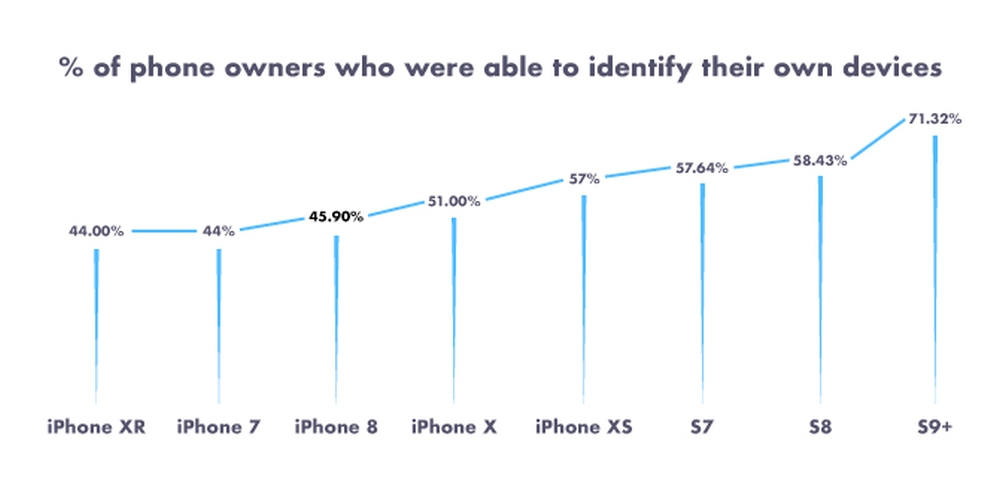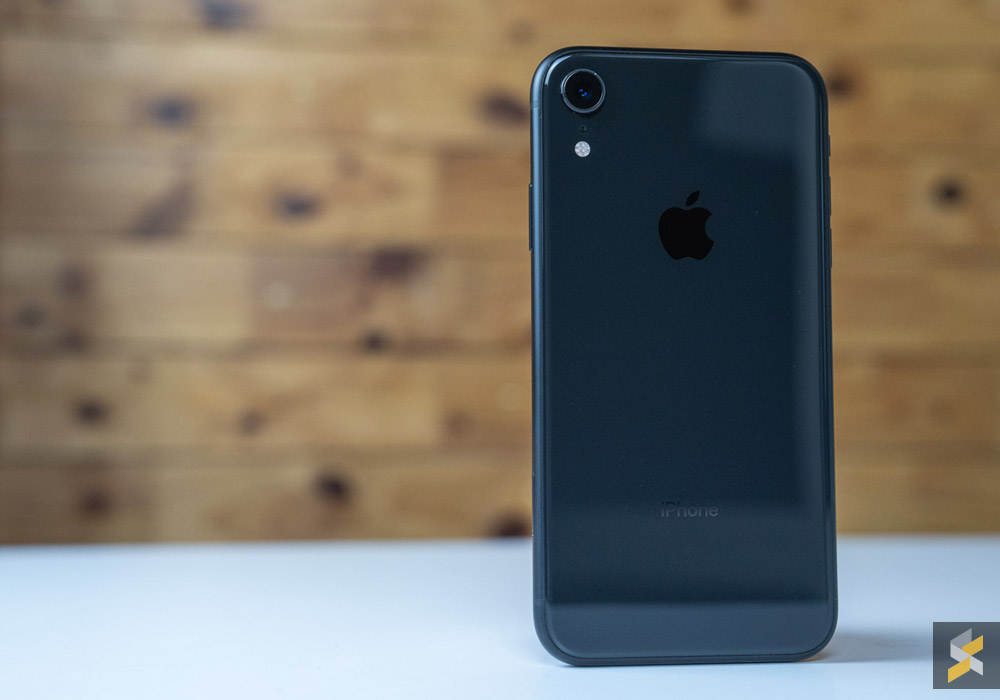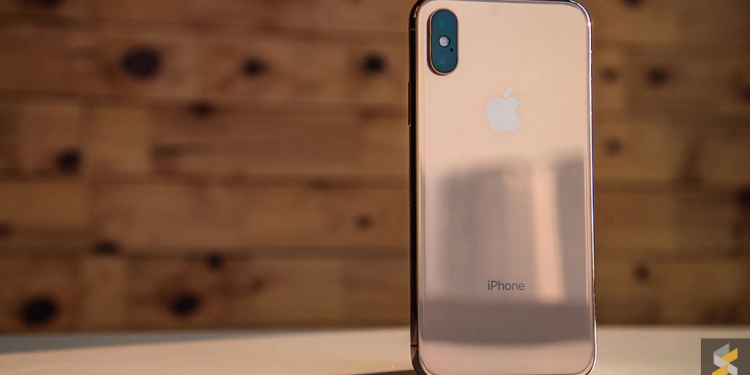What phone are you using? That should be a question that’s pretty easy to answer, right? After all, it’s the device you spend the most time with, and odds are, it’s the device you spent your hard-earned money on. But, in a survey by device resale website Decluttr, there’s a surprising amount of people who don’t actually know what model smartphone they’re using.

According to the survey run by Decluttr, the less than half of iPhone XR, iPhone 7, and iPhone 8 users were able to identify their smartphone model. It wasn’t until they got to users of the high-end iPhone X and XS that smartphones did the percentage go over 50%. On the other hand, more than half of the Galaxy S users who participated in their study were able to identify their smartphone models.
Of course, it is worth noting that this is only the findings of their study of 2,000 smartphone users in the United States, so it’s by no means a perfect reflection of the global population. But, it is still an interesting angle to survey smartphone users because it gives us a glimpse at how many people actually know what they’re buying–or if they even care.
But, the question is: Does it even matter whether they know what smartphone they’re using? Even if they don’t know exactly what iPhone model they’ve got in their pocket, I’m willing to bet that they know that it’s an iPhone. And, the fact that they can’t tell the difference between the two could be seen as props to how Apple’s able to provide the same experience across their range of products–from the entry-level to the high-end. That’s something you can’t really say with how fragmented Android is.

Plus, there’s the fact that the iPhone is so ubiquitous (especially in the States) that even people who absolutely do not care about smartphones would know the iPhone. And, if they wanted to get a smartphone, they would naturally would gravitate towards an iPhone–likely an iPhone XR because it’s the new entry-level iPhone. Meanwhile, those who bought the iPhone X and XS would have had to make the conscious choice to pay more, and thus be more likely to know why they had to pay more for this iPhone over the other cheaper iPhone.
On the other side of the proverbial pond, the Android camp requires a lot more research and knowledge just to simply sift through the sea of new Android smartphones that get launched every couple of months. Naturally, when you have to decide between dozens of flagships across all the different segments in the market, you will need to know more about the whatever device it is you want to get.
Of course, this is just me trying to draw a reasonable explanation from the data that has been presented, so I wouldn’t take it as gospel truth. One other interesting thing the study showed was regarding 5G, as a surprising number of Americans seem to think that their current iPhones will have support for 5G–even though the first iPhones to support 5G modems are only expected to arrive in 2020.
This could be due to the misleading ads from telcos like AT&T about their 5GE or 5G-like experiences. In truth, these are not related to 5G at all, and should be viewed as more advanced LTE/4G instead.
You can check out the full study here. Be sure to let me know your thoughts in the comments below too.
[VIA]








